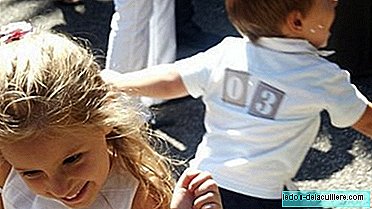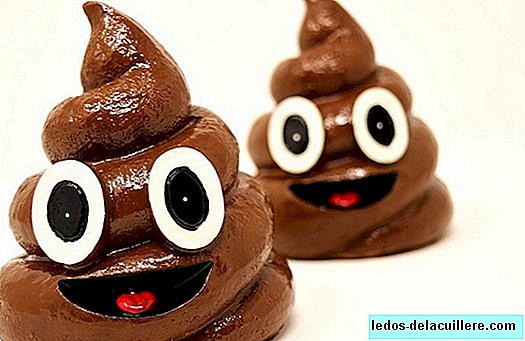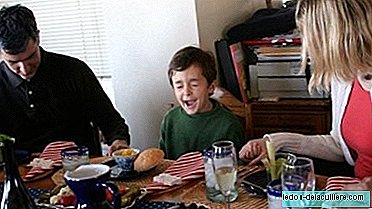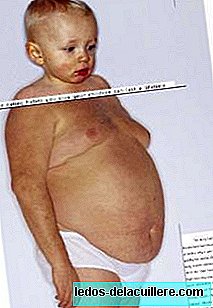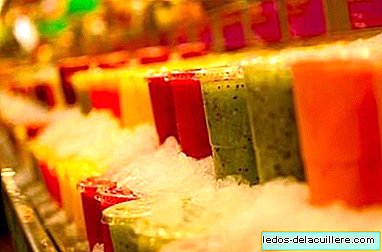
We are suffering the heats of summer and a good measure to cool off and stay hydrated are fresh drinks. Water is our main ally, but children find juices very attractive, although not everyone is as healthy as we might think.
There are multiple varieties of juices aimed at children's consumption, we see them in television ads, in stores with attractive packaging for children ... and most are advertised as fruit juices, with the "seal" of quality that these foods give.
However, we must know that not all juices are recommended in large quantities. So, What juices are the best to cool off? Are they equivalent to eating fruit?
Natural homemade juice is what we make by squeezing or liquefying some fruit (or vegetable) rich in water, and this juice provides all the nutrients of the fruit and many of its vitamins, except fiber. This juice that we can prepare very fresh in summer is very appealing.
However, remember that it will always be better to eat the fruit with pulp and skin whenever possible. Summer fruits are delicious and are also very refreshing if we keep them in the fridge, and we can introduce them in salads and many other recipes.
We saw a while ago that among the packaged juices the healthiest are those that are called 100% squeezed juice or 100% natural juice, which approximate the homemade juice we have just mentioned.
Most juices that are so popular among families are made from water and fruit concentrates. These are "false friends" of the infantile diet, that is to say, they are not so good for the feeding of the children. These are some of the disadvantages of these drinks:
They contain a lot of sugars, also those that claim not to have added sugars. This increases the risk of developing tooth decay and also contributes to gaining excess weight.
As we have said before, packaged juices do not replace fruit even if they are made with fruit: many of the vitamins are missing (in the pasteurization process they are lost) and fiber.
After drinking a juice, the blood sugar rises and therefore decreases the appetite. That increases the risk of children eating less of other foods that are more necessary for their growth.
Many children concentrate juices and nectars cause abdominal discomfort and diarrhea, due to some of the sugars or sweeteners they contain (especially sorbitol).
Daily consumption of juices seems to be associated with the increased risk of developing type 2 diabetes over the years.
Although some juices contain milk, it is very small (approximately 10%). Pediatricians report that the small benefit of those 33 ml of milk from the 300 pack does not compensate for the large amount of sugars they carry.
Definitely, Fresh fruit, sometimes in the form of juices, smoothies or homemade sorbets, is the best option to cool off in summer, along with water, vegetables and other fresh recipes that keep children (and the whole family) well hydrated.




